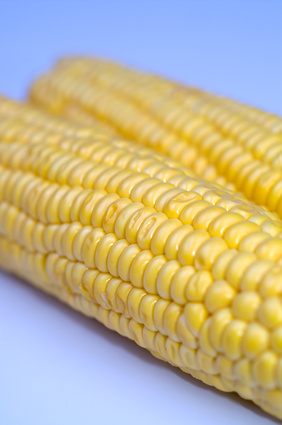
E85 refers to an alternative fuel composed of 85 percent ethanol and 15 percent gasoline. Ethanol (ethyl alcohol) is a fuel usually produced from fermented and distilled corn. Flex-fuel vehicles, which typically have a yellow gas cap, can run on E85 or gasoline. However, using E85 in a conventional vehicle can cause damage. E85 is most popular in Midwestern states that produce corn, but it can be found in over 1,900 gas stations throughout the United States, according to the Environmental Protection Agency. E85 has many advantages over gasoline and other fuels.
The ethanol in E85 is produced in 20 states, especially Midwestern states such as Minnesota, Iowa, Illinois and Nebraska. As of 2011, the U.S. is the largest ethanol producer in the world. Using E85 reduces our dependency on foreign oil.
Ethanol represents a renewable energy source, because it is derived from corn and other agricultural products, such as sugarcane. In contrast, gasoline cannot be produced once the world's oil reserves are depleted. E85 is not completely renewable because it contains some gasoline, but it is much more renewable than gasoline.
E85 produces levels of greenhouse gas emissions similar to those produced by gasoline. However, E85 creates fewer overall greenhouse gas emissions than gasoline because E85 is not transported as far as gasoline.
E85 typically costs less than gasoline per gallon, although E85's fuel economy is also about 30 percent lower than gasoline. Depending on the price differential, E85 is cheaper to use per mile than gasoline in some areas. Tax incentives for using E85, improvements in ethanol production and volatile gasoline prices could make E85 much more cost-efficient than gasoline in the future.